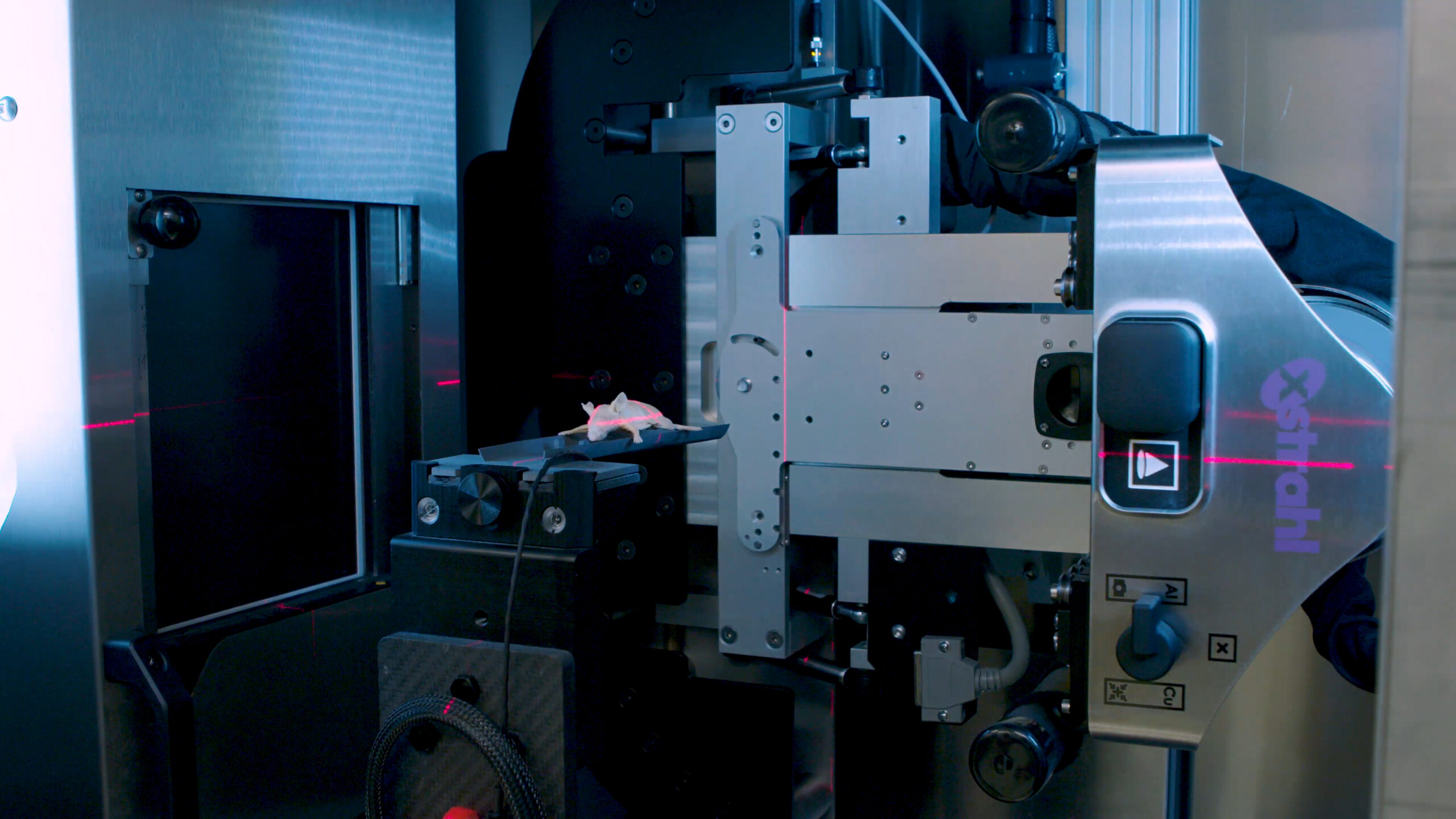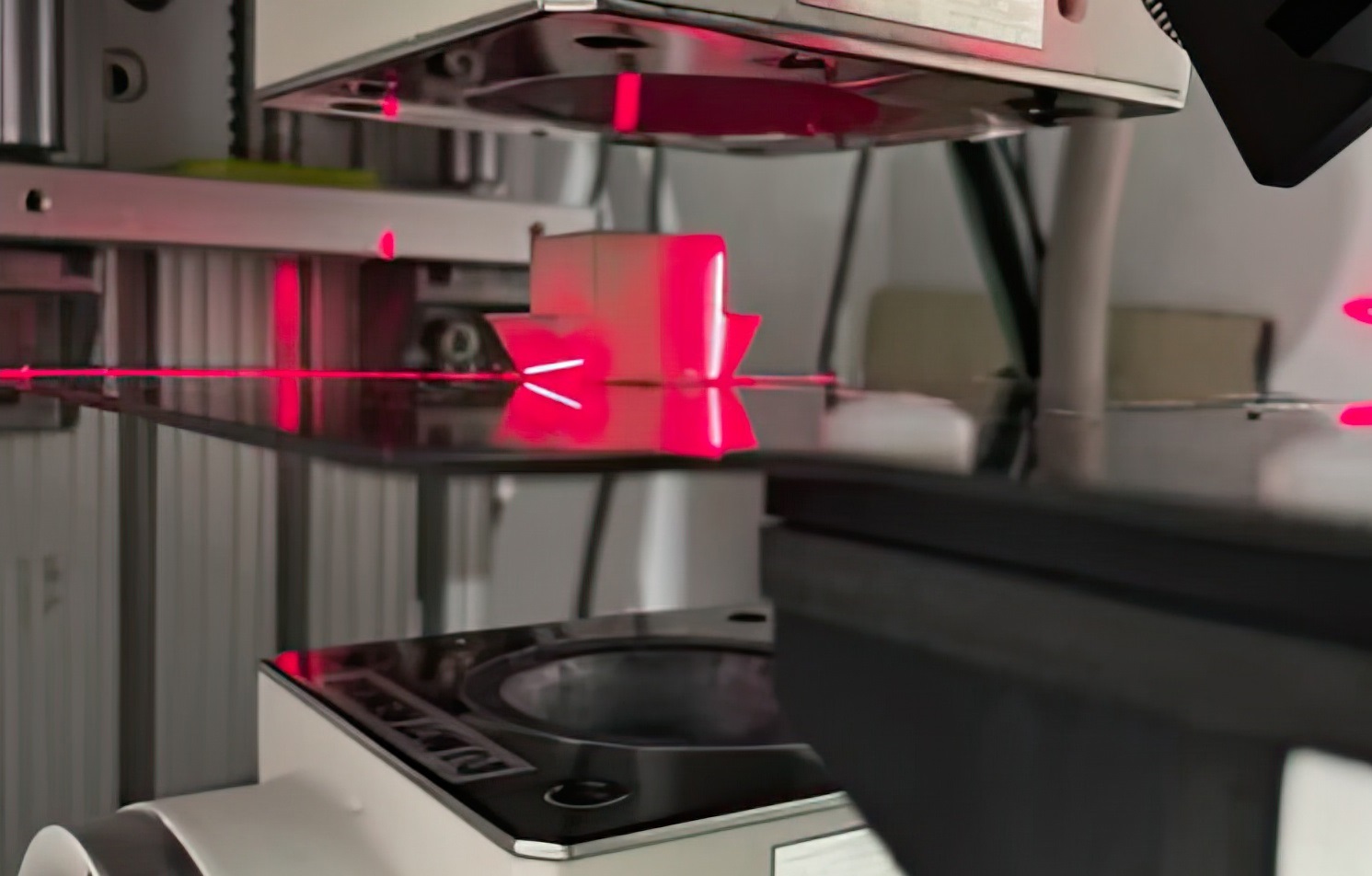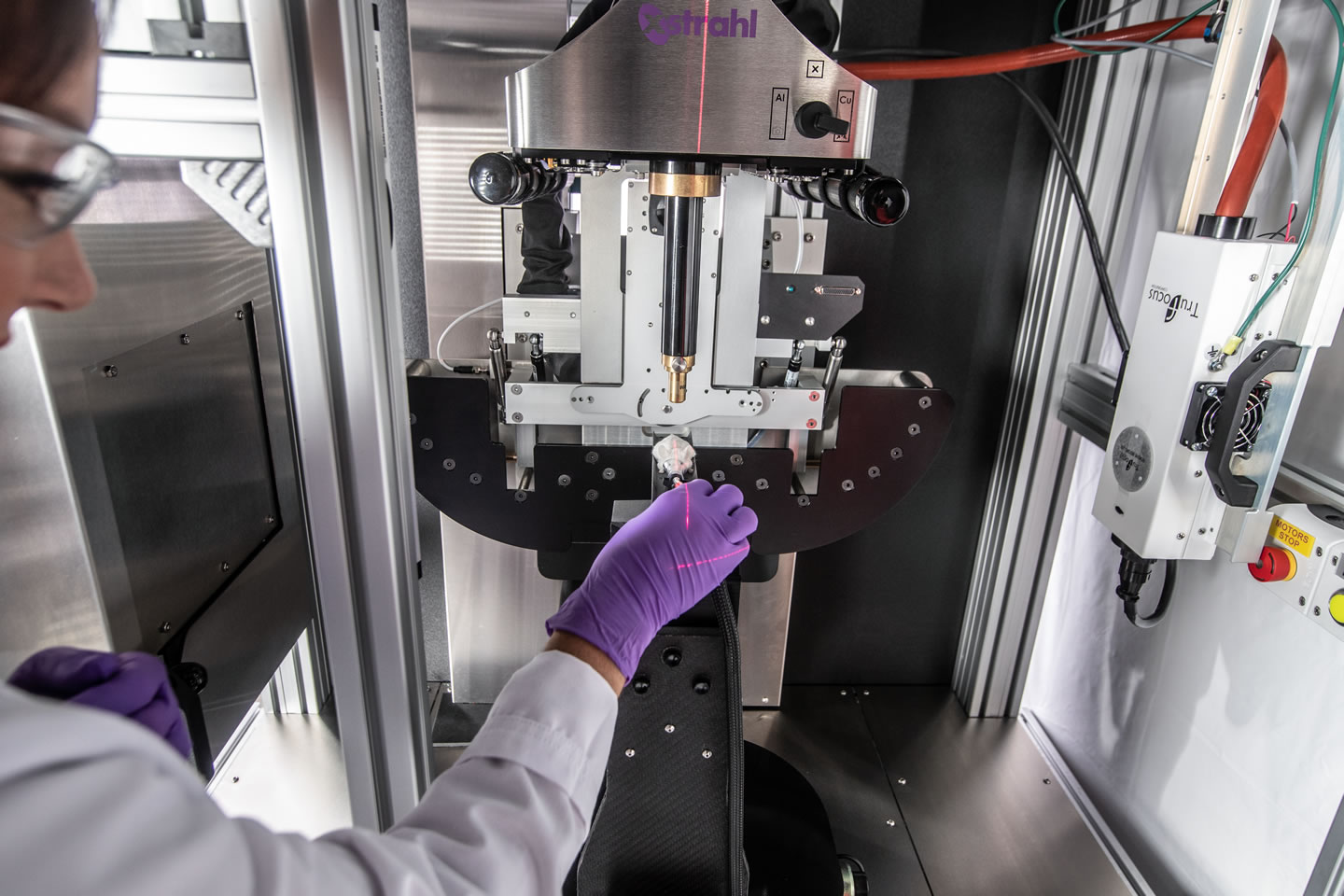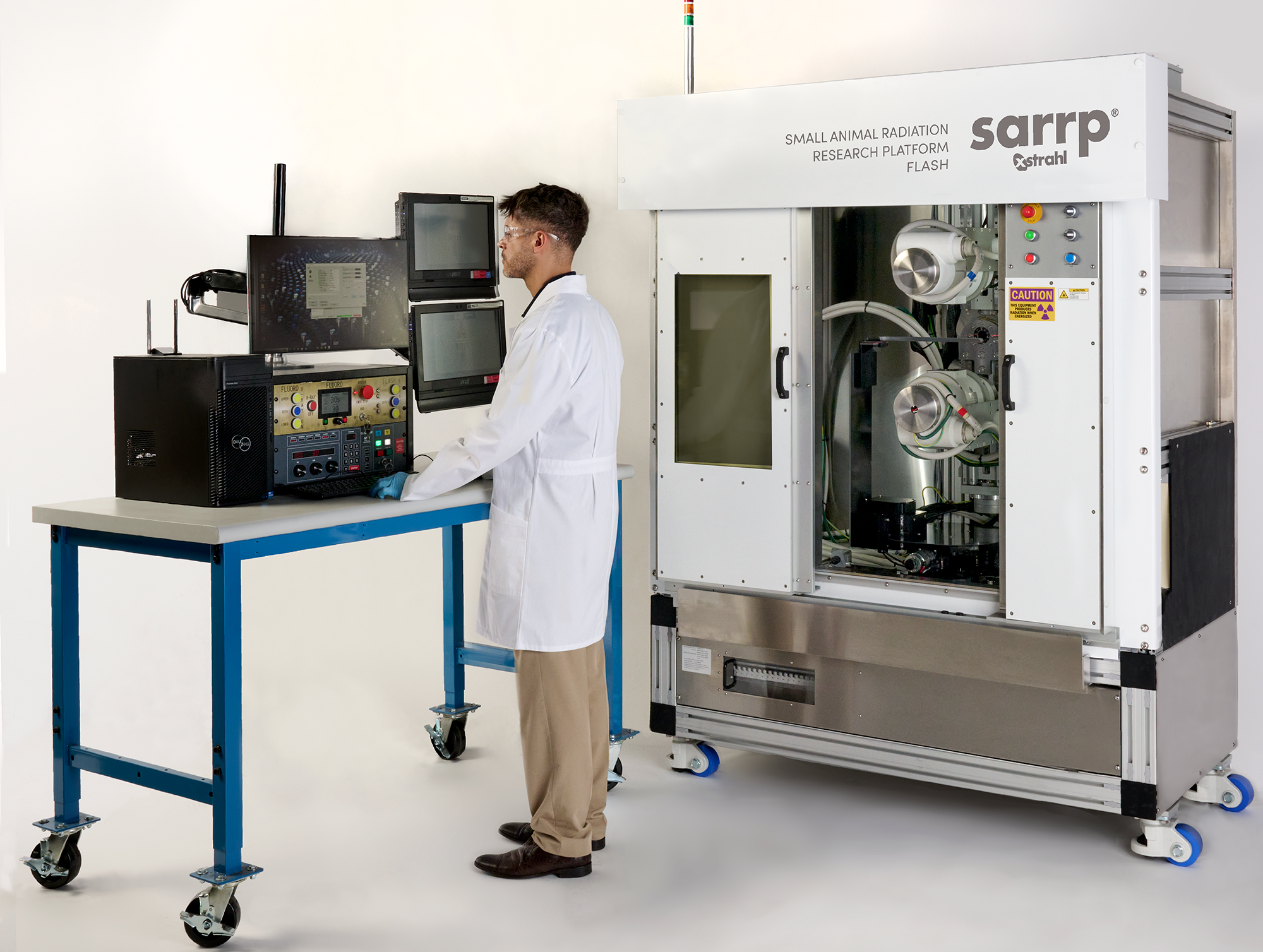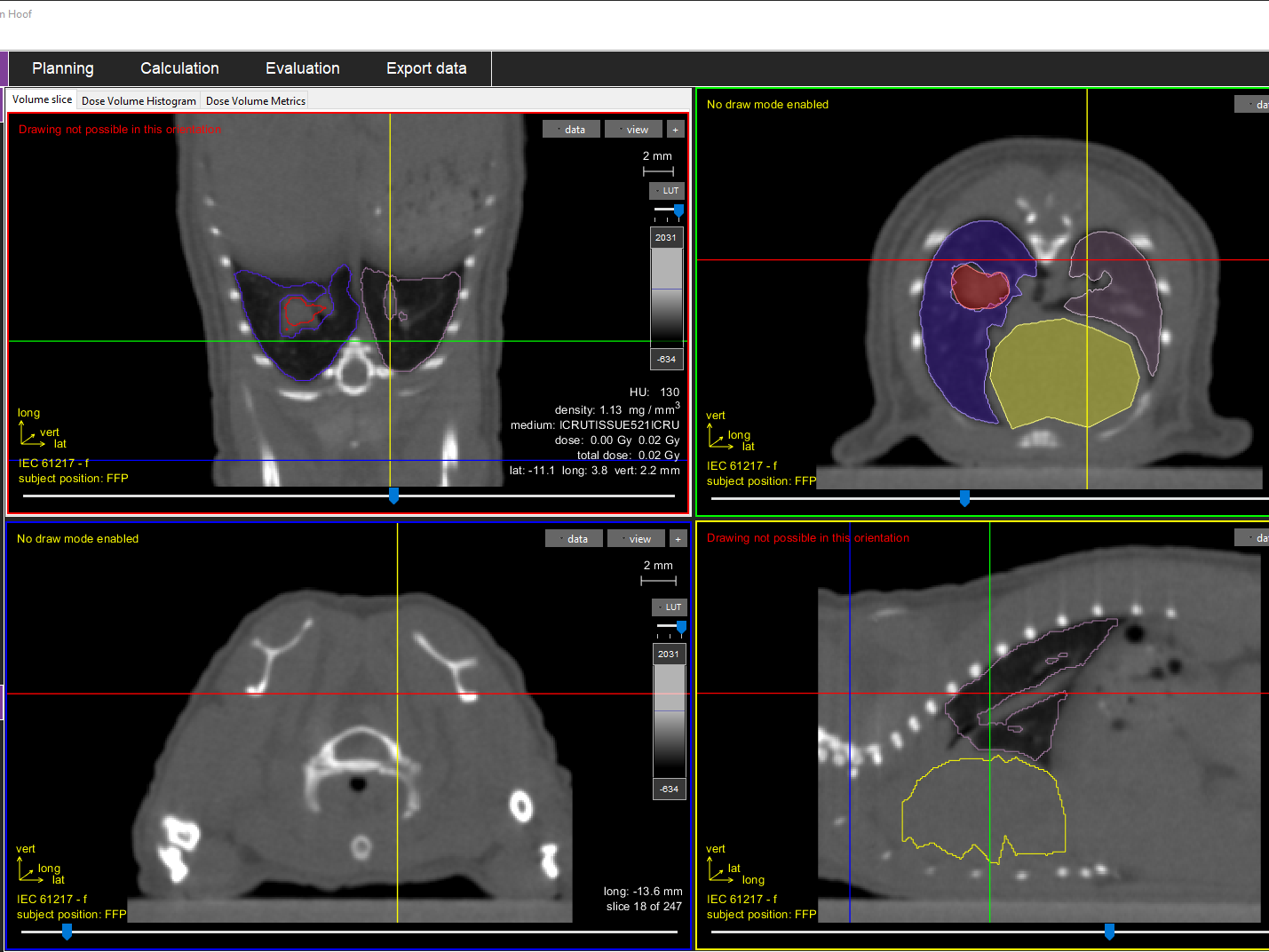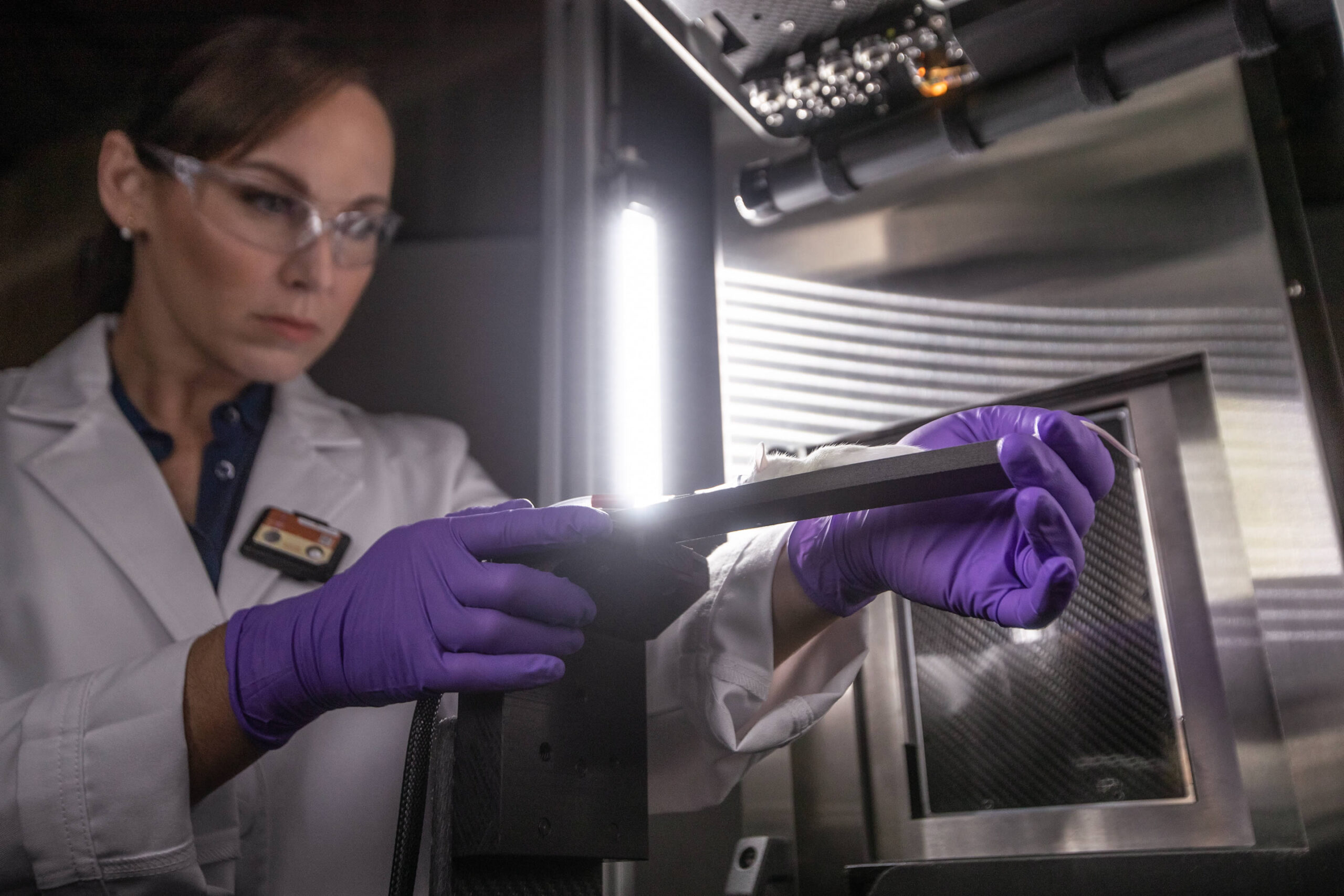
Open Doors to Translational Radiation Research
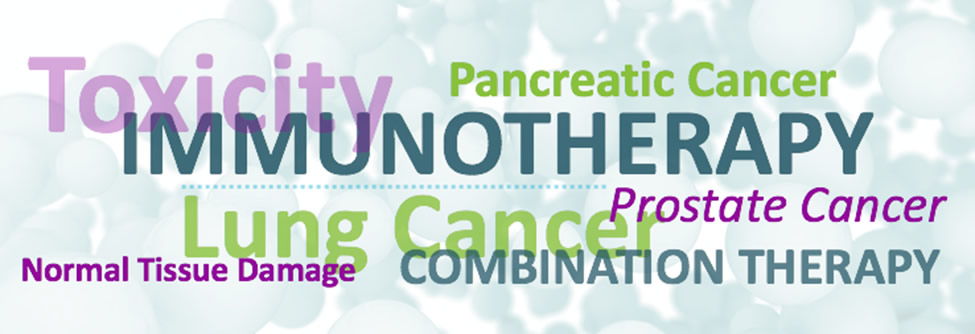
Perform Clinically Relevant Radiation Experiments
Xstrahl has applied its extensive knowledge of clinical radiation to develop a broad range of radiation research systems. Designed for life science investigators, radiation oncologists, radiation physicists, and many others, Xstrahl’s research platforms yield clinically-relevant translational data.
Xstrahl has improved the accuracy and reproducibility of in vitro and in vivo experiments. With 2D and 3D radiation research platforms having a fixed X-ray source, dual X-ray sources, or a rotating gantry, you can be sure that Xstrahl can uniquely meet the needs of your studies.
Community of Experts
Xstrahl’s community of radiation research experts connects scientists, inspires new studies, and advances radiation research around the world. The halo effect of bringing researchers together is an invaluable benefit of working with Xstrahl.
Xstrahl is also known for providing researchers with little to no knowledge of radiation treatment planning the ability to perform complex studies with easy-to-use software.
Advanced Research Systems
SARRP FLASH
FLASH radiotherapy is a novel technique whereby tumors are treated with ultra-high dose rates of radiation which can reduce damage to normal tissue.Xstrahl’s photon FLASH irradiator gives investigators the tools to expand preclinical radiation studies using a patented FLASH technique, further supporting translational research into effective cancer treatments.
SARRP
SARRP enables investigators to perform clinically relevant research in a preclinical setting. Researchers can quickly adapt the system to perform large field irradiations, such as whole body, to small focal irradiation, such as brain metastases, duplicating techniques found in the clinic.
SARRP Beamline
SARRP Beamline offers the first image-guided platform designed for preclinical particle therapy research. The SARRP Beamline X-ray imaging and delivery components can be customized to meet the needs of your research program.
XenX
XenX improves the dose accuracy and distribution of traditional cabinet irradiators for in vitro experiments and irradiating specimens. With the ability to deliver a beam or radiation from any angle, XenX allows you to conduct experiments that were not possible with a fixed beam cabinet irradiator.
CIX FLASH
CIX FLASH is an easy-to-use cabinet system with FLASH technology that is ideal for small animal experiments. It has a quick experimental set-up process with simple collimation and optimal ease-of-use.
CIXD
The CIXD is a self-contained cabinet incorporating an irradiation chamber that contains two X-ray sources (one positioned on the top and one on the bottom of the enclosure) resulting in a more homogenous dose distribution. This feature enables the researcher to stack cell culture plates and achieve homogenous bone marrow ablation in small animals.
CIX3
Fulfilling the requirements of in vitro and in vivo biological research, CIX3 is also a self-contained cabinet irradiator incorporating the irradiation chamber and system electronics in one enclosure, offering 320 kV. CIX3 is ideal for researchers who perform a higher percentage of in vivo studies.
CIX2
Fulfilling the requirements of in vitro and in vivo biological research, CIX2 is a self-contained 225 kV cabinet irradiator incorporating the irradiation chamber and system electronics in one enclosure. Removing the health and safety burden associated with the use of radioactive sources, the Xstrahl CIX2 provides a simpler, safer, and lower cost alternative to radioisotope irradiators. CIX2 is ideal for researchers who perform a higher percentage of in vivo studies.
REQUEST MORE INFORMATION
To learn more about Xstrahl’s family of cabinet irradiators or the Small Animal Radiation Research Platform, contact your local application specialist.
RESEARCH PUBLICATIONS
Contact Us


